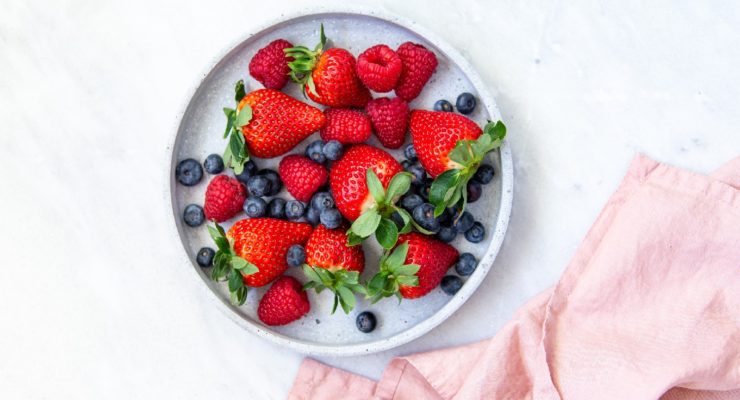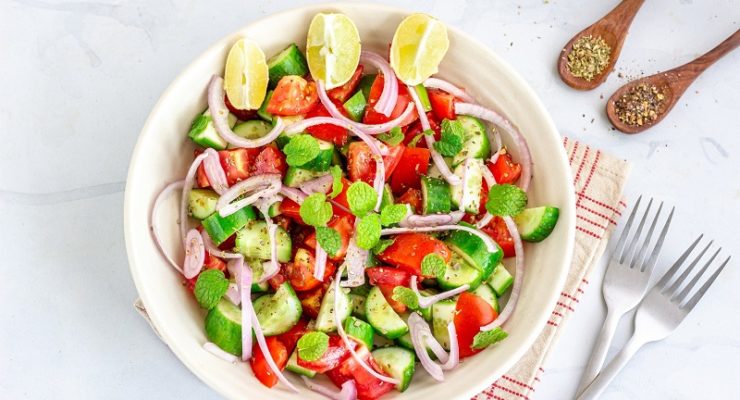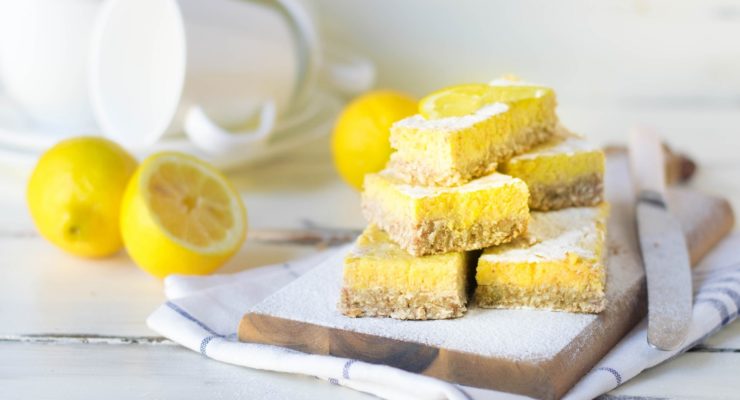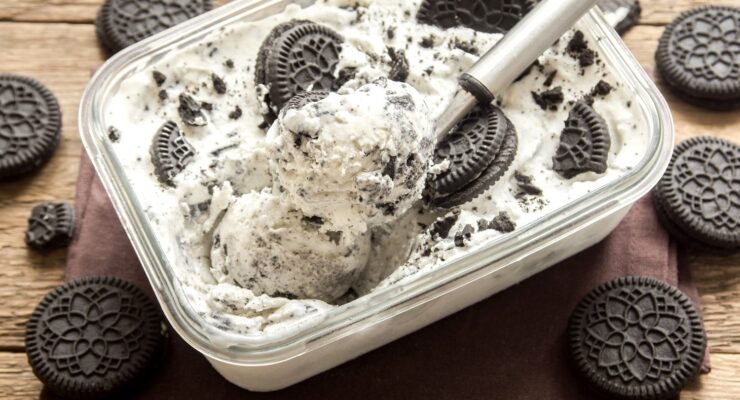The Ugly Truth About Negative-Calorie Foods
Article posted in: Diet & Nutrition
If you’ve ever tried to lose weight, you’re probably familiar with the term negative-calorie foods. Often used to refer to water-packed produce like celery, cucumbers and lettuce, the term describes foods that supposedly require more calories to burn being chewed and digested than they provide. Some optimistic dieters have proposed that, if eating these foods creates a small calorie deficit, consuming them in bulk can lead to an even bigger deficit, which can eventually lead to weight loss.
If it sounds too good to be true, that’s probably because it is.
While it is true that your body uses energy to chew, digest and store nutrients (referred to as the thermic effect of food, or TEF), the amount required to do so is pretty negligible. In fact, your body burns more calories at rest each day than it does processing the foods you eat. And according to the Academy of Nutrition and Dietetics, although you can expect to experience a small increase in energy expenditure for a few hours after ingesting any type of food, it’s typically not enough to result in weight loss.
To date, no research has supported the existence of foods that can be eaten in mass quantities to lose weight. And although piling on the produce can certainly support your weight loss efforts since most veggies are low in calories, sodium and fat―and none contain cholesterol, filling your plate with produce alone means missing out on nutrients like protein and fat, which are needed to stay healthy and satiated.
Instead of focusing on the calorie counts of specific foods, focus on eating a well-balanced diet. The key to achieving successful and lasting weight loss is a healthy lifestyle, which includes a well-rounded diet full of fruits, veggies, (mostly) whole grains, protein and dairy, plus regular exercise.









